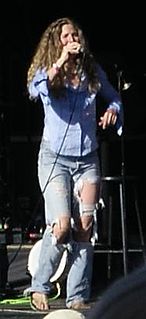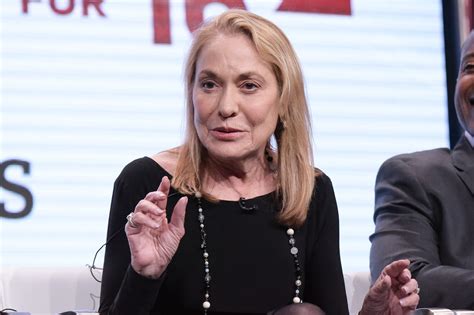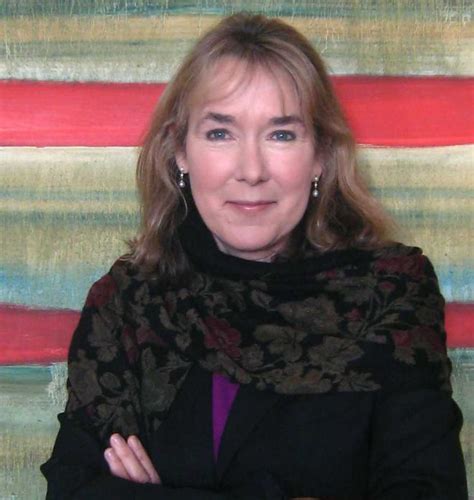A Quote by Sophie B. Hawkins
It's what people don't say that is often the most revealing.
Related Quotes
Some people as a result of adversity are sadder, wiser, kinder, more human. Most of us are better, though, when things go better. Knowing when to keep your mouth shut is invariably more important than opening it at the right time. Always listen to a man when he describes the faults of others. Often times, most times, he's describing his own, revealing himself.
Writers don't often say anything that readers don't already know, unless its a news story. A writer's greatest pleasure is revealing to people things they knew but did not know they knew. Or did not realize everyone else knew, too. This produces a warm sense of fellow feeling and is the best a writer can do.
When you are on assignment, you stick to the facts, limit your vision, and often cut out the most revealing material. There is no texture, no shades of gray. In fiction, you can bring the reader on the perilous journey with your characters as they discover that war is more like a wilderness of mirrors, full of danger and uncertainty.
Everyone agrees that a secret should be kept intact, but everyone does not agree as to the nature and importance of secrecy. Too often we consult ourselves as to what we should say, what we should leave unsaid. There are few permanent secrets, and the scruple against revealing them will not last forever.




































